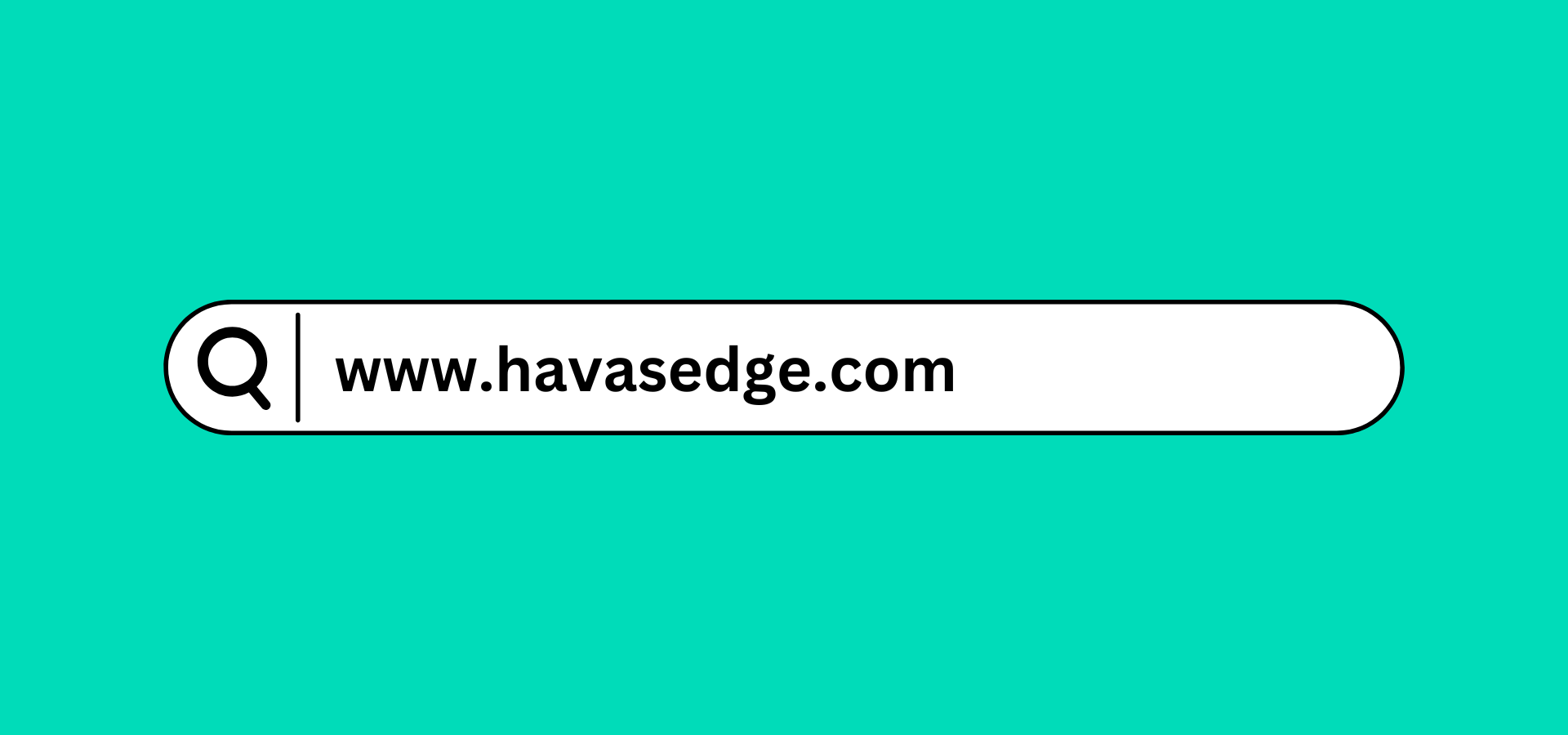A Pause on Cookies
Google’s recent announcement to delay the retraction of third-party cookies came as a shock to many marketers and consumers alike.
The initial plan, which marked a proactive stance toward user data privacy, was met with both applause and apprehension. With this new delay, it’s vital to reassess the way we do digital, as well as the roles of consumer privacy and advertising data in communication strategies.
The Cookie Conundrum
For many consumers, the term “cookie” invokes two polarized images—one is Grandma’s kitchen, the other a shadowy figure following them around the internet, using their data for unknown purposes. Google aimed to address the latter vision with the initiative to phase out third-party cookies from its Chrome browser.
What Google thought would be a “win” for privacy was actually met with skepticism. From who? Many advertisers who now faced the question: How will we be able to market personally and effectively without user analytics?
Meanwhile, regulatory bodies were supportive of the privacy enhancement, though relayed concerns about the potential inefficacy of supposed privacy alternatives.
A Cause for Pause
Google’s decision to extend the shelf life of cookies until 2025 might seem like a response to the complexities of an advertiser-driven web economy. This is partially true, as they explain a need for more time to ensure that the advertising industry can adjust to the “privacy-first future.”
This is both a calendar shift and a strategic pause that’s interesting for marketers and consumers to think about. It prompts an industry-wide conversation on defining what “privacy-first” really means and how it can genuinely align with consumer interests.
The Marketer’s Dilemma
The pause on cookies has marketers at a crossroads. On one hand, the extension provides more time to prepare for a way forward—where consumer data is no longer captured through covert means but is instead willingly and openly shared. On the other hand, this transition will require more refined, consent-driven approaches; better storytelling; and an emphasis on direct, authentic consumer interactions. (i.e. a big shift in strategy.)
With that in mind, advertisers understand that you can’t delay the inevitable. They see the pause on cookie bans as a helpful opportunity to come up with more transparent, yet still effective strategies going forward. Yet it challenges them to shift from the comfort of targeted campaigns and more towards eye-catching, insight-led content creation.
The Way Forward
Empathy and Connectivity in AdTech
A privacy-first future requires the AdTech industry to rethink entire strategies for ad personalization. One way they plan to do this is by shifting to more empathetic and relatable advertising content while investing in technology that respects user consent and privacy.
Innovation and Integration
The market will reward those who develop breakthrough technologies and integrate them seamlessly to improve user experiences without compromising privacy. The ‘winner’ will be those who can synthesize consumer data ethically and creatively.
Transparency and Trust
Trust and transparency initiatives—combined with an honest dialogue with consumers—will enhance understanding and foster solid relationships. Brands that stand out in the post-cookie age will do so by being relentlessly transparent about their data practices.
What’s Next
All in all, Google’s pause on cookies is a signal of larger shifts in consumer expectations and legislation. The delay will give industries more time to retool while also laying the groundwork for a more privacy-centric future.
Do you agree?




